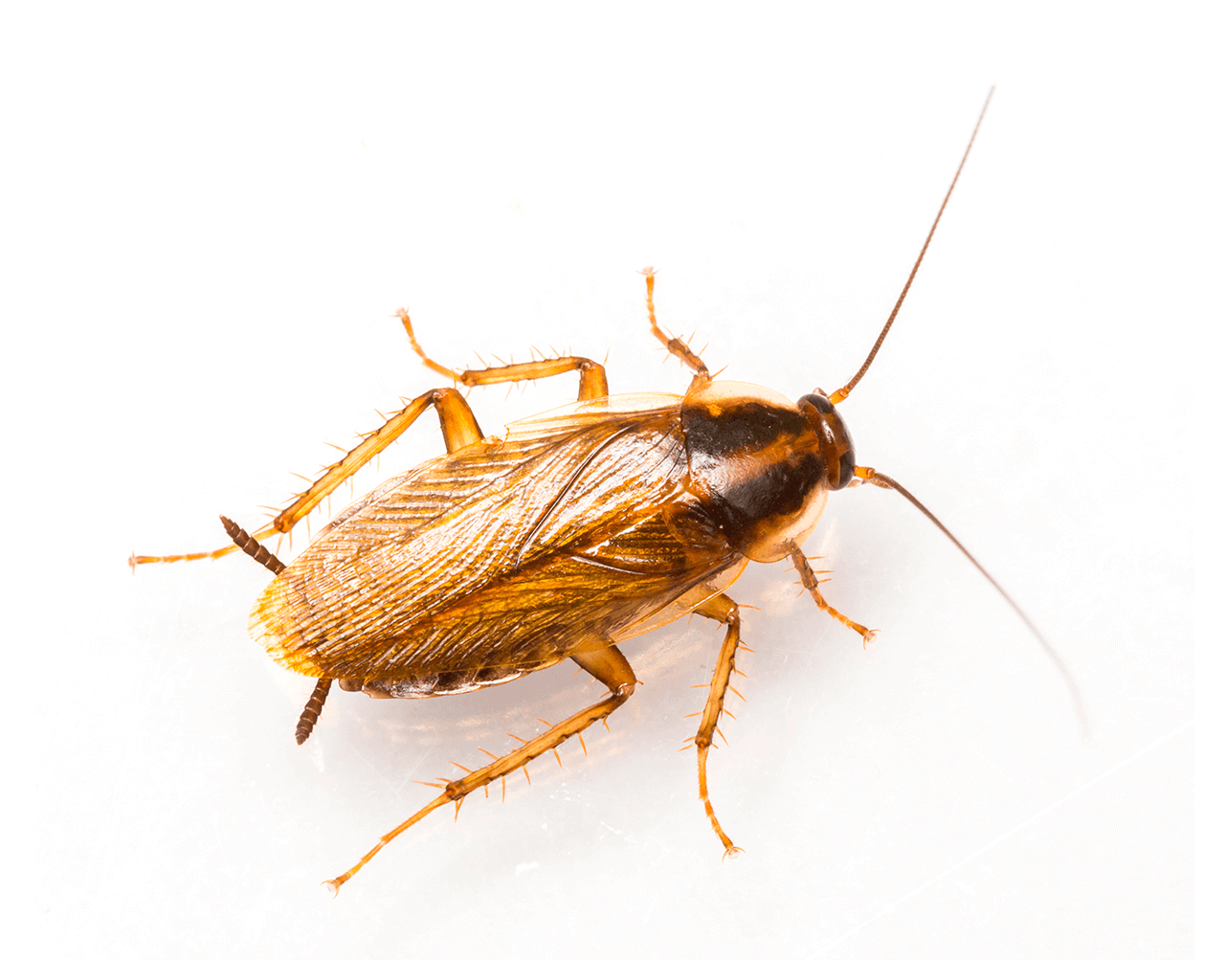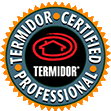Are Tenants Or Landlords Responsible For Pest Control?
Who is responsible for dealing with pests in a rental property? The short answer – generally, the landlord. However, there are nuances to the law and financial responsibility might fall onto the tenant under certain conditions.
When is the landlord financially responsible for a pest problem?
In most cases, the landlord will be financially responsible, because of either the lease signed between the two parties or the warranty of habitability, which states that the landlord must maintain livable conditions within the property. A pest infestation can be a great threat to the livability of the property, and as such, the responsibility for handling the infestation falls on the landlord.
If the infestation was caused by natural conditions, such as the property being located near a grassy field that is filled with mice, the landlord will be financially responsible. Similarly, if the infestation is due to any cracks or holes in the exterior of the home, the responsibility will fall on the landlord.
Some of the pests that are likely to fall under the landlord’s responsibility include wasps, rats, ants, spiders, termites, bedbugs and cockroaches. If you are a landlord, it’s best to set up seasonal maintenance and prevention routines with a pest control company in order to prevent any large infestation that may cause damage and end up costing more in the long run.
When is the tenant financially responsible for pest control?
If the landlord can link the infestation to the behavior of the tenant, the tenant will become financially responsible for any extermination costs. For example, if the property is not kept clean, it is likely to attract ants and cockroaches. Other issues would include not taking the trash out regularly or not keeping food covered in the kitchen. If the property has an unreported leak, it will attract a number of pests. Fleas may enter the home due to the tenant’s pet.
In order to identify the cause of these infestations, the landlord can ask the exterminator for help. If the infestation’s cause can be documented and linked to the actions or non-actions of the tenant, the landlord is no longer financially responsible. The landlord can then issue a comply or quit notice in order to ensure that the tenant changes the pest attracting behavior.
One exception to this rule is a bed bug infestation. In this case, the laws will differ from state to state, but generally speaking, if the property was bed bug free at turnover and an infestation occurs later on, then the tenant will be considered responsible. However, if the property has a history of bed bug infestations then the responsibility is likely to fall on the landlord.
Settling the issue
Pests cause problems for everyone – they cause problems for those that have to live with them, and they cause problems for those who have to pay to remove them. Regardless of culpability though, it’s essential to get rid of an infestation as soon as possible whether you are a tenant or a property owner. If you have any pest issues on your property, contact us today and we will eliminate it and work to prevent future issues.







